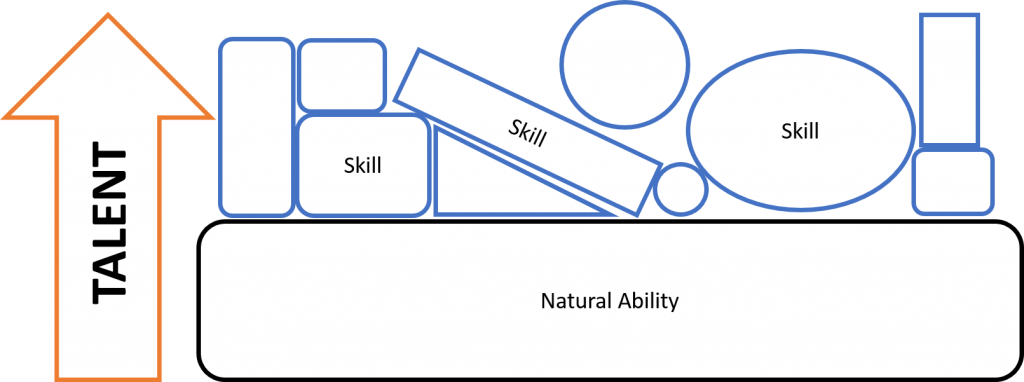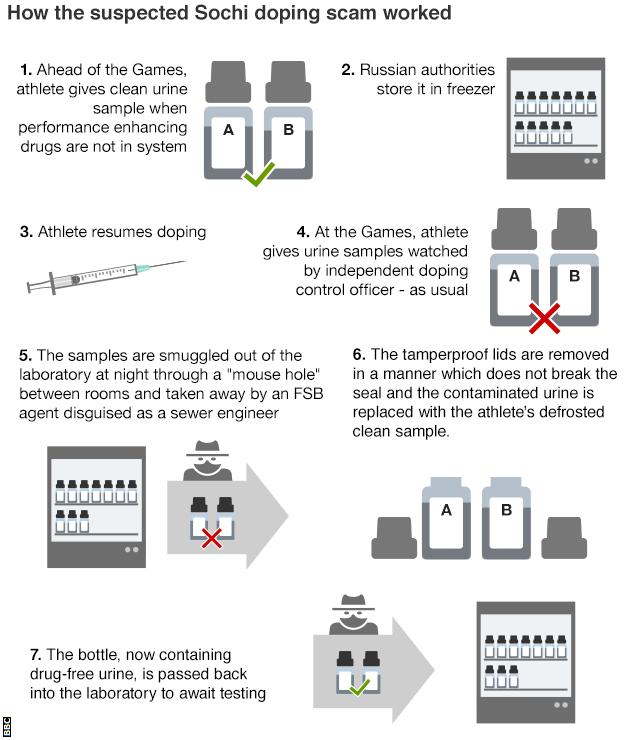Today is a historic day. The UK has just announced it will leave the EU, and now I sit, with uncertainty about the coming years, potential future jobs and freedom to move around. Despite being a strong believer for remain and extremely disappointed about today’s result, if University has taught me anything, it’s to not fear the new and instead to embrace and make the most of it. I do not agree with the decision, but I will continue to work hard to ensure the best possible future for myself, friends and family, and any other people I can help.
With that said, I now want to use my last day of year 2 to look back at the main 3 things I have learnt over the year.
1 – ‘You are the average of the 5 people you spend most time with’ is very true
I have always understood the logic behind this statement, but had never truly experienced (or realised it) until this year.
The people you spend time with at University will almost certainly change at least a little bit each year, however, it can change a lot more depending on your situation – for example, starting a new module and being with new people, playing more of a sport, spending more time in your flat or joining a new society. Each situation introduces you to new people with different views, work ethics, behaviours and opinions.
This year more than ever I have seen and experienced the effects of changing between, and being part of, different groups. Not necessarily for a negative, the variety can be incredibly beneficial, however getting the people right for each situation is vital. It will determine how hard you work on your course, how you approach a sport/activity, how you socialise, and so on.
2 – Good habits are extremely easy to lose if you aren’t careful
Whether it’s waking up on time, going to the gym, making notes in lectures, even washing up. The daily habits that can happen automatically, for me have fluctuated a lot. When presented with a slight barrier of travel, I found I went to the gym less. When I started to sleep less, I struggled to wake up easily – something I was very good at in year one.
These were things that I could correct if I wanted, however, suddenly they took a conscious effort to act upon. I believe it is due many new things happening within the year, new aims, new challenges, new focuses.
When I have thought about a habit – e.g. blogging each week – I have been successful. It just takes time and effort to put in place the building blocks.
3 – Get the little things right and the big picture will take care of itself
W all have a grand vision and goals. We all want big things to happen quickly. But they can’t be reached in one big jump. Take the small steps that are possible now and you’ll be there in no time.
I have seen the truth of this mostly in badminton this year. We have had our most successful year to date and as captain, I feel proud of what we achieved. Yet I can’t take credit that this was the outcome of my master plan, rather the opposite. I started the year with the aim to ensure all team members enjoyed playing badminton. When they enjoy playing, they train more, they get on with the team and are hungry for success. I took the little steps to listen to the team, to make each session enjoyable, to focus on each match individually and to not invoke nerves with plans to win everything. Taking it one step at a time led to a league, cup and varsity win, and the achievement of team of the year.
I didn’t use some special formula, instead, I gave each team member the platform to showcase their ability and that is what lead us forward.













